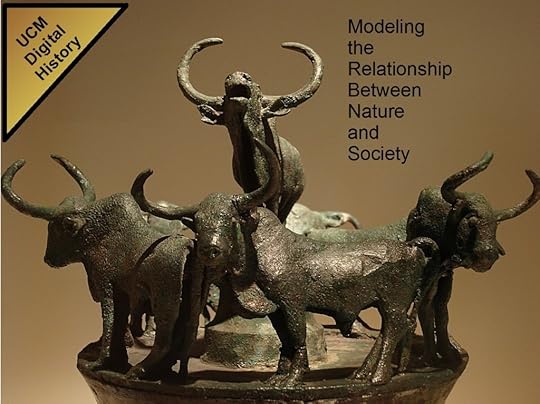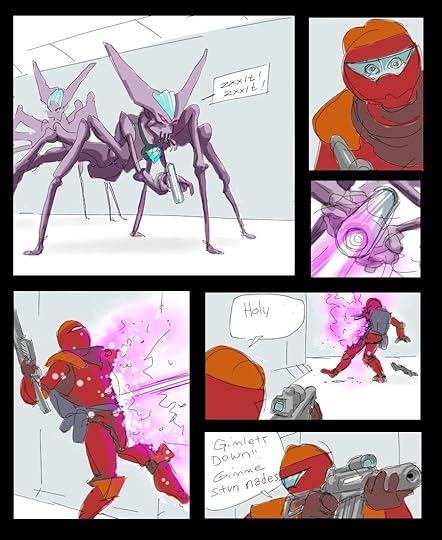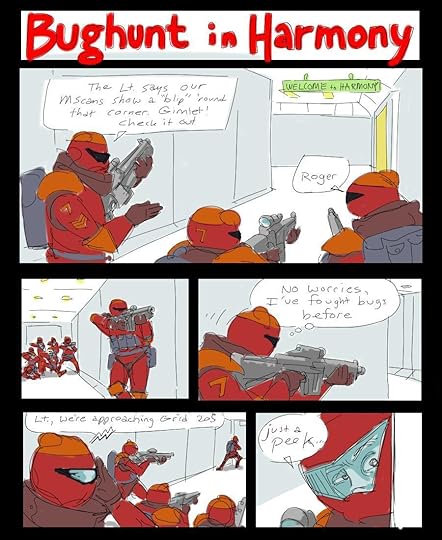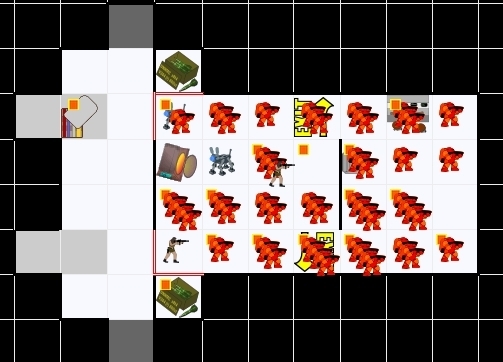Elijah Meeks's Blog, page 8
May 18, 2009
Wherefore art thou, Wikiatlas?
It’s always of concern when a journal article opens with a vague statement. So when What does Google Earth mean for the Social Sciences? opens a claim that cave painting can be equated to maps, then one has to wonder about the explantory power of the word “map”. Is it a representation of geography, of ecology, of political boundary? I’ve never seen a cave painting that could be classified as a map, unless we’re going to so broaden the definition in both symbolic and analytical ways so that we
May 16, 2009
The Hybrid World
Michelle Obama just gave an excellent speech this afternoon, calling upon the latest crop of graduates to remember that they were lucky, and it is the responsibility of the fortunate to look out for the unfortunate. So, naturally, like all of you, I thought it was apropos to talk about WordPress and “people” in Guy Fawkes masks. Oh yes, it’s that tangled a web of flimsy connections, so let’s see if I can unravel it.
So it may seem strange that in listening to the speech I thought about folks lo
May 15, 2009
Digital History at UC Merced
Tomorrow morning I’ll be giving a presentation on digital history as part of the big commencement celebration coinciding with the visit by first lady Michelle Obama. Along with giving me an opportunity to talk about the importance of using digital tools in the study of the humanities and integrating environmental systems into historical systems, it gives me the chance to show off some majestic cattle.

UC Merced students often complain about the cows, which is a shame, given the respect our ances
May 14, 2009
The Digital Bantustan - Connectivity Qua Balkanization
Just finished reading Immanuel Wallerstein’s article in the excellent Rethinking Environmental History: World System History and Global Environmental Change. Wallerstein is the founder of World Systems Theory, which focuses on the processual links between societies as an explanation of historical events, though the theory has grown far beyond Wallerstein’s capitalism-oriented, modernity-constrained initial description. Without getting too arcane, there’s a movement in the academy toward integr
May 11, 2009
Gaming the Systems
Another interesting point raised at Akahele (The cautious site with the beautiful name) highlights the problem of crowds: the concern for peer-produced data in an environment where some of those peers want to insert malicious, propagandistic or otherwise known-flawed results into a system. But the problem isn’t limited to peer-produced knowledge, and it seems that El Sevier, the publisher everyone loves to hate, is just as happy to game the system in an entirely expert-driven manner. The cynic
May 9, 2009
Poor Gimlet

Recon by fire
For those of you curious as to how the game is played, it was summed up like this:
ALL OF YOUR CHARACTERS WILL BE SLAUGHTERED LIKE CATTLE. Don’t expect anyone you roll up in the first week to remain alive for more than twenty four hours. Remember Wierzbowski in Aliens? Of course you don’t. You’re Wierzbowski. Or that guy who takes off his helmet on Omaha Beach in Saving Private Ryan. Expect to have the lifespan of an extra in a John Woo film. Most likely within two seconds of
May 6, 2009
Sour Grapes or, I hope Social Computing in 2020 isn’t anything like this
UC Santa Barbara’s Transliteracies Project just released the winners of their Social Computing in 2020 competition. I’d put together an entry for this, based on the rise of animation as a medium for non-lingual knowledge formation and transmission, but apparently the folks at Santa Barbara have a rather constrained vision of social computing (read Facebook), as well as too much exposure to science fiction and not enough exposure to dystopian literature. To whit, their winners consist of:
First
May 4, 2009
Quasi-Amateurs in the Digital Humanities
The last time I was writing about qausi-amateurs in knowledge production, I primarily focused on the phenomenon of scientists writing history, particularly environmental history, because historians trained in the current university system are unfamiliar with environmental science and uncomfortable making sweeping claims about environmental systems, whereas scientists feel that philosophy and history are easy enough to jump into based, I assume, in a perceived “Rigor Gap” between the sciences and
May 2, 2009
Borough Games

An artistic representation of the action in Bughunter
In my ongoing attempts to spurn accepted wisdom and create a blog with no niche, which is sometimes about non-traditional publishing, sometimes about Islamic Art–or was it the Digital Humanities and Environmental History, or is it just constant Wikipedia meta-criticism–I present this amazing artistic rendition of a game that normally looks like this:

Not nearly as dynamic, don't you think?
Bughunter is a php-based game based on all the best acti
May 1, 2009
The Academic Quasi-Amateur
A recent op-ed by Mark Taylor in the New York Times rightly points out that graduate school isn’t just broken, but has been broken for decades now. Anyone familiar with University, Inc. will know this has something to do with Vannevar Bush’s creation of the military-education complex coupled with the change in university funding implemented back in the early 80s. Nowadays, it’s mostly symbolized by the underpaid graduate teaching assistants and the commuting lecturers that missed their chance



